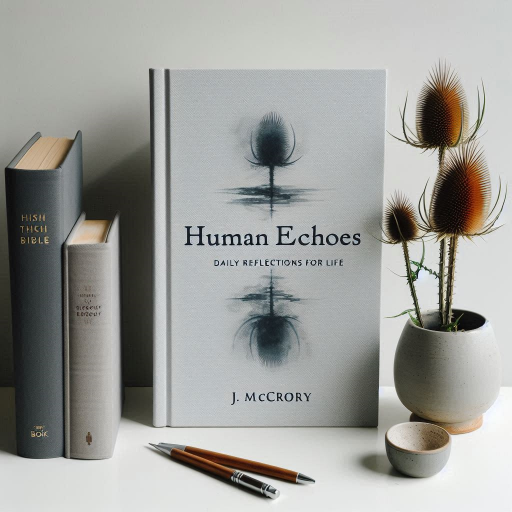Though my father and mother forsake me, the LORD will receive me.
Psalm 27:19

Image generated by Microsoft Copilot
Though my father and mother forsake me, the LORD will receive me.
Psalm 27:19
Many thoughts around the one subject merged before me from various angles in the past 24 hours. I had been reading about the Hindi word Sneha (स्नेह) that implies the warm bonds that exist in families; a quality that Asian culture seem to be holding together in a fragmenting world.
However broken families are as old as the Prodigal Son. But we see it on a scale like never before. Reasons can be varied, drugs, alcoholism, apathy, selfishness, lack of humility and forgiveness and a generation where the "I " stands erect like a North Korean soldier.
In the beautiful film The Quiet Girl (An Cailín Ciúin), we're introduced to a young girl named Cáit. She finds herself in a foster home, and for the first time, she experiences something she never knew existed—respect, warmth, and a sense of belonging. Her biological family, sadly, treats her with neglect and indifference. This stark contrast makes us ponder a profound question: What truly defines family? While genetics might link us to our relatives, it’s often the bonds formed through dignity and care that truly sustain us as human beings, regardless of blood relation.
We often see biological families as the cornerstone of human connection, bound together by shared genetics and upbringing. However, Cáit's story reminds us that these ties can weaken when respect and love are missing. Families aren't immune to dysfunction, and when relationships are marred by neglect, cruelty, or apathy. The innate sense of belonging starts to fall apart. This uncomfortable truth brings to light that while genetics may connect us, they don't automatically guarantee the emotional bonds necessary for a healthy relationship.
Interestingly, the genetic difference between family members and unrelated humans is less than 0.1%. This tiny difference emphasizes that what truly sets relationships apart is not biology but the shared experiences, values, and mutual respect that define them.
On the flip side, chosen relationships—like friendships, partnerships, and even bonds with neighbours—are built on mutual effort and shared emotional investment. Cáit's bond with the Kinsella’s, although temporary, highlights this perfectly. They offer her the stability and kindness that her biological family fails to provide, showing us that true belonging comes not from obligation but from genuine connection.
These chosen relationships are uniquely powerful because they are freely given and actively maintained. Think about a neighbour who checks in during tough times, a friend who listens without judgment, or a mentor who offers guidance—these individuals can provide a sense of family that goes far deeper than blood ties.
In many cultures, there's a strong expectation that one must remain loyal to family regardless of how they are treated. However, this notion can trap individuals in toxic relationships that hinder growth and happiness. The message of The Quiet Girl challenges this idea, suggesting that loyalty should be earned through kindness and respect, not imposed by genetics. Belonging, it argues, is not a right granted by birth but a privilege cultivated through love and care.
The movie invites us to rethink family as a concept rooted in actions rather than ancestry. Those who treat us with kindness and see and value us for who we are become our true family, regardless of shared DNA. This perspective is incredibly liberating, especially for those who feel unsupported or estranged from their biological families. It reminds us that belonging isn’t confined to the family we are born into but can be found in the relationships we build.